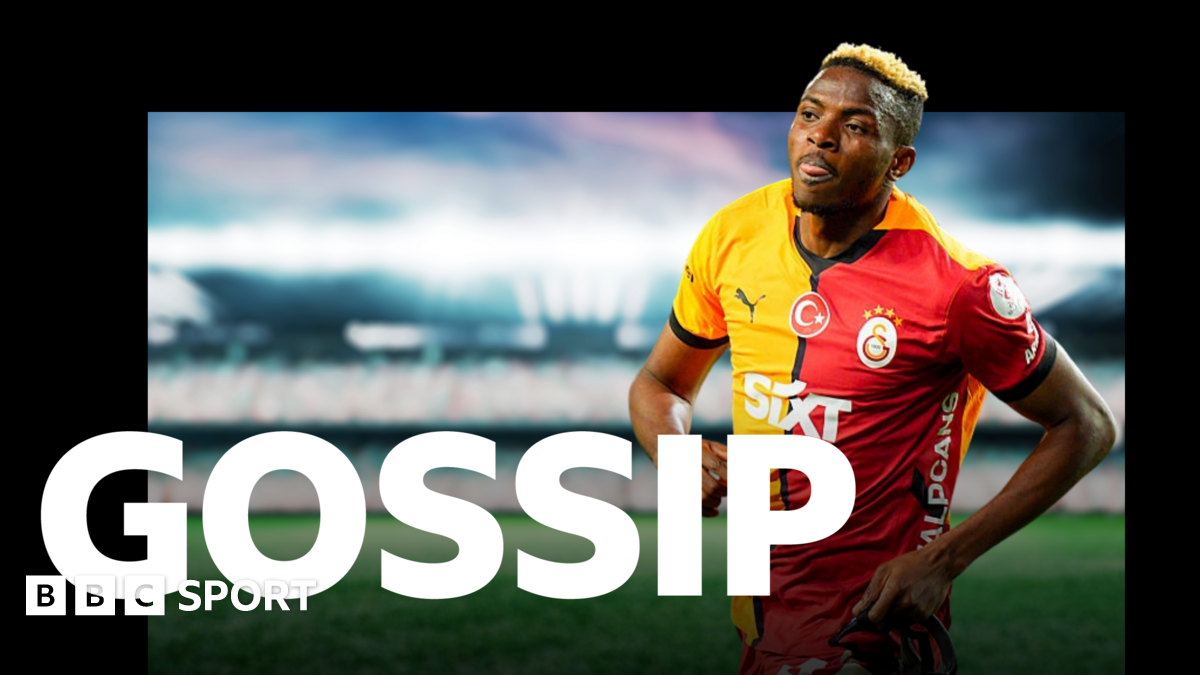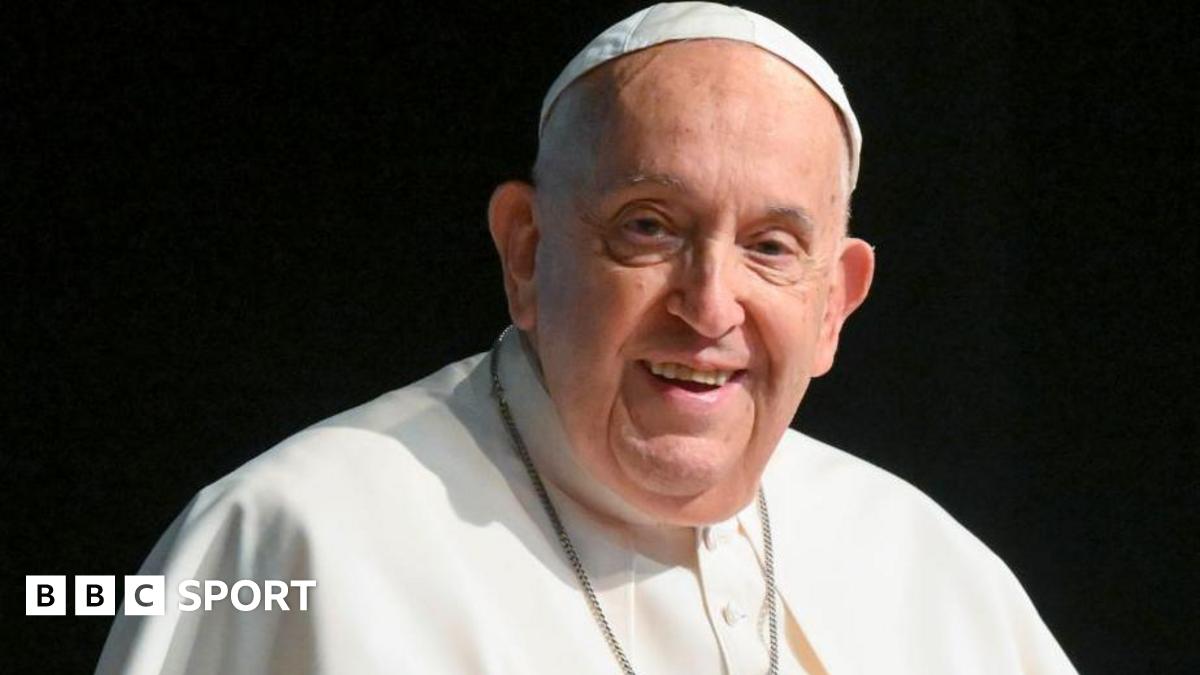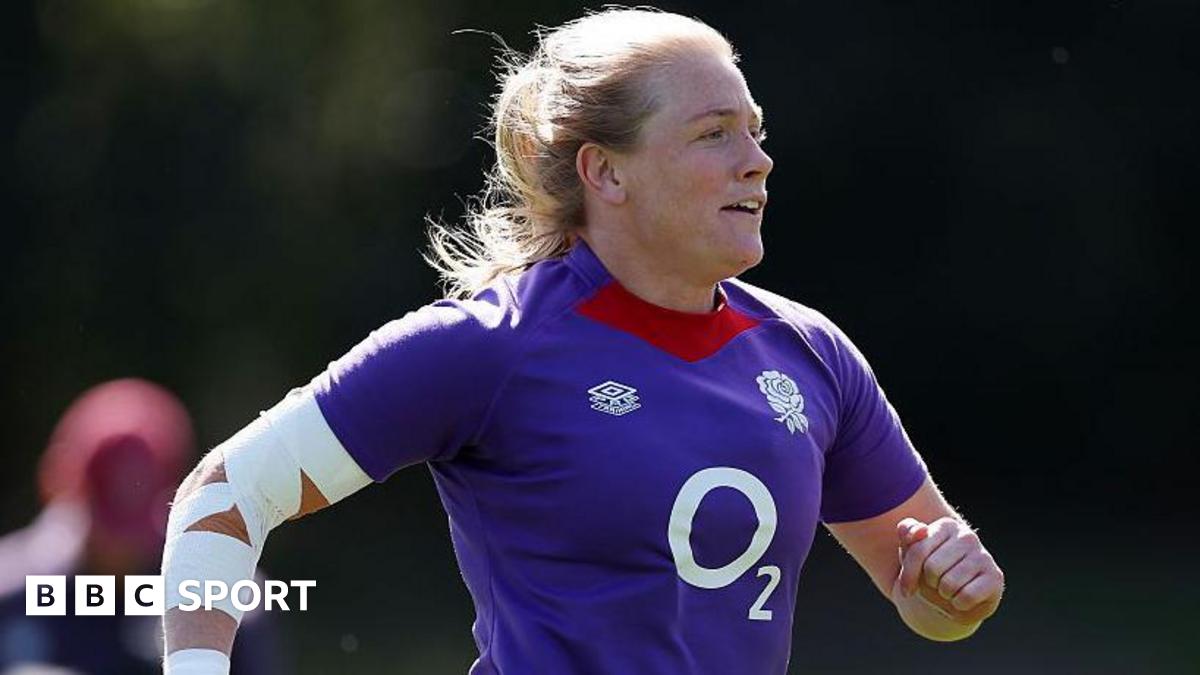ARTICLE AD BOX
By Frances Mao
BBC News, Sydney
Image source, Quality Sport Images
Image caption,Novak Djokovic will argue for his visa to be reinstated at a court hearing on Monday
The world number one men's tennis player will spend this weekend stewing in a hotel room in Australia, fighting the country's attempt to deport him over his vaccination status.
Then on Monday, Novak Djokovic will get his day in court to challenge the cancellation of his visa. He wants to get into the country to play in the Australian Open and win his 10th title.
How will he argue his case and how strong are his prospects? Will he be able to make it to the Grand Slam at all, let alone on time?
What's Djokovic's situation?
The Serbian player was granted a visa to enter Australia on proviso, to play in the Grand Slam.
Because Australia still has Covid rules banning most foreigners from entering the country, it's likely Djokovic applied for a "temporary activity" visa, which allows foreigners in for major events. Most of the players competing in the tournament are entering on this visa.
Australia's pandemic border rules also ban foreigners from entering the country if they are not either double vaccinated or have a medical exemption from having the jabs.
Djokovic, who has said he is opposed to vaccination, had been granted by tennis authorities an unspecified medical exemption to play in the tournament.
But upon arrival at Melbourne Airport, the tennis player was unable to prove his medical exemption to the government's standards for entry.
"All I can say is that the evidence for medical exemption that was provided was found to be insufficient," Prime Minister Scott Morrison told reporters on Thursday.
As such, officials revoked his visa on the spot. As he no longer had a legal basis to be in Australia, he was moved to a holding zone to be deported.
What might Djokovic argue?
The player's team immediately challenged the decision and on Thursday he was granted a temporary injunction to stave off being forcibly flown out that night.
It would appear that Djokovic's camp had been assured by Tennis Australia that he was fine to get on the plane to Australia because he'd secured entry to the tournament.
But being approved for the sporting event had "nothing to do with his visa", Professor Donald Rockwell, an international law expert from the Australian National University, told the BBC.
"Djokovic's legal team will probably seek to argue that he had been granted the visa and visa was revoked," Priof Rockwell said. "So any revocation of the visa requires justification, quite clearly, and there are certain legal processes that need to be followed for the visa to be revoked."
Foreigners can fly in to Australia on a visa they applied for online - but when they get to the airport they have to clear immigration customs.
If they're caught out on a visa error, they're restricted in their appeal scope, Professor Mary Crock, an immigration law expert from the University of Sydney, told the BBC.
"When he goes to court, he can't say: 'Look at me, I'm the number one player in the world I should be let in and allowed to play!' No. None of that, none of those issues of merit apply," she said.
Australia's Migration Act enables officials to cancel someone's visa for several grounds, for example, if they submit it with incorrect information. And the facts so far appear straightforward: Djokovic said he had a medical exemption to the Covid vaccine enter; Australian officials said he didn't prove it to the standard they require.
There might be other areas of the visa cancellation process that Djokovic's team could contest, but none of the facts we know so far suggest the law has been applied incorrectly.
What about the politics?
Mr Morrison has rejected all accusations, including from Serbia's government, that Australia unfairly targeted Djokovic.
"This is a very specific case that deals with one individual, Australia's sovereign border laws, and their fair application," he said on Thursday.
He said that Australian border officials act on what they know, and that those who, like Djokovic, broadcast their pending entry into Australia on social media, "draw significant attention to themselves".
Australia initially allowed two other Grand Slam participants to enter with medical exemptions, but their visas are now also under scrutiny.
Djokovic's team would likely still try to argue that the decision was unreasonable, because the issue was telegraphed well in advance, Prof Crock said.
"This guy is so high profile- he's the number one in the world. Everyone knew he was coming and I don't think it's acceptable for the federal government to turn around and say we didn't know any of this until he arrived in Australia," she said.
"They absolutely did. And they let him get on the plane."
Fans of tennis legend Novak Djokovic have gathered outside the player's hotel to voice their support
Prof Crock said Djokovic's team might also reference the political circus, in an attempt to argue political influence, which would be a breach of legal decision making.
"This has been a case of extraordinarily high political value. Accordingly one of the grounds could well be that they'll argue the decision maker [border official] was acting under the influence or dictation of the prime minister. But in saying that, that's an extraordinarily difficult ground to make out," she said.
There's also been no evidence so far of any sort of heavy-handed direction like that from the government.
What happens if he wins?
While the present facts don't appear to support Djokovic's appeal on legal grounds, we don't yet know what evidence will be presented on Monday.
If the judge were to find in favour of the tennis player, a best-case scenario for Djokovic would be the court overturning Australia's revocation of his visa.
That would allow him to enter the country immediately, with a week more remaining to prepare for the Grand Slam.
It's unclear whether the Australian government would challenge the decision, attempt to cancel the visa on other grounds, or back down.
What happens if he loses?
He might not be deported immediately. Djokovic's team could apply to challenge the decision again in an appeal court.
But would that be worth it for the tennis player? He will have had no tennis practice for a full fortnight, and would likely have to endure more time in hotel detention. There are already efforts being made by Serbian officials to move him to a nicer hotel.
The legal experts say it will take at least a week for a higher court to be convened for the appeal hearing, by which time the tournament will have already begun.
"If he loses, the timeframe - even under the most extreme scenario - of him being able to compete in the Open just seems impossible really," Prof Rockwell said.

 3 years ago
27
3 years ago
27








 English (US) ·
English (US) ·